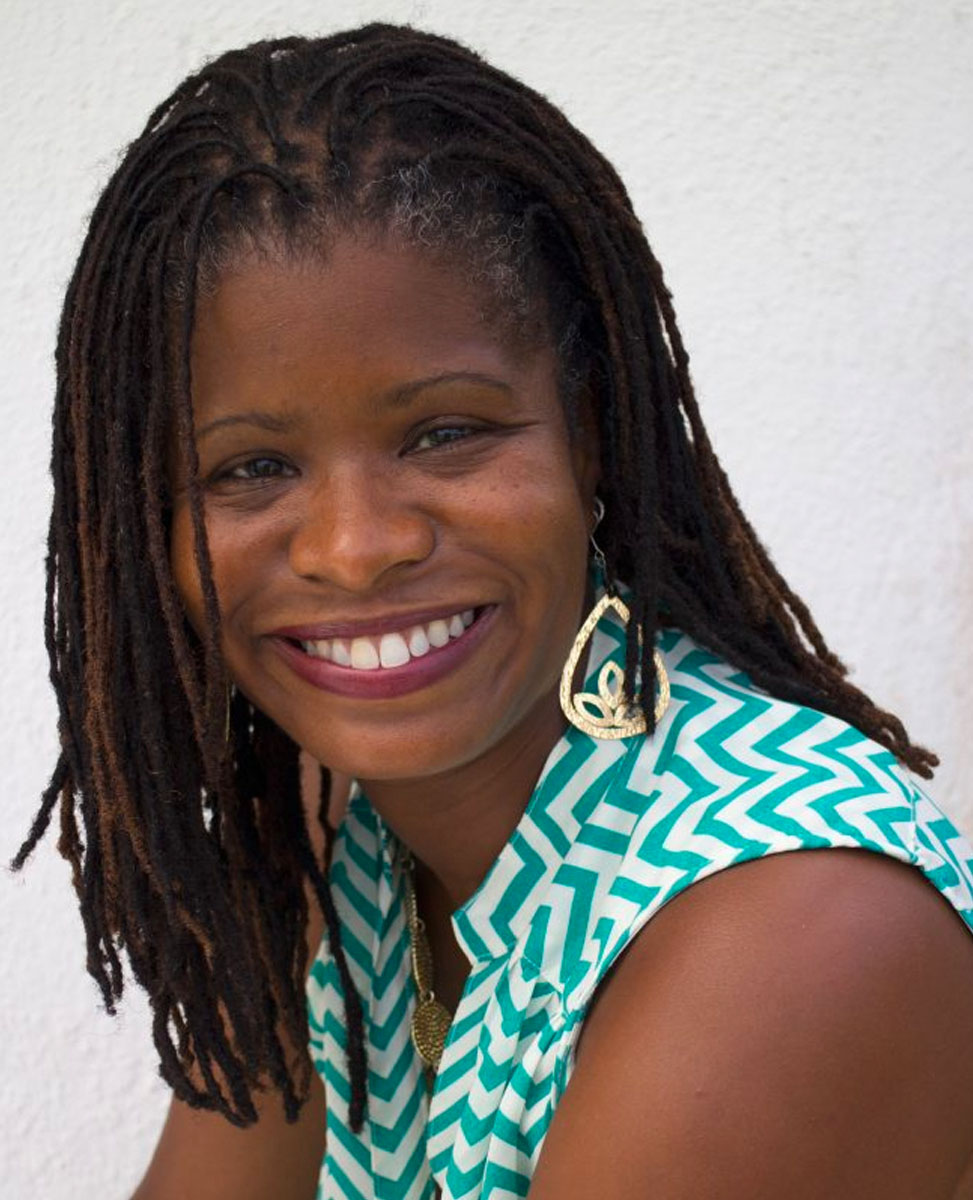Renée Alexander Craft
Associate Professor of Communication and Curriculum in Global Studies
Bingham Hall 215
919-962-2311
renee.alexander.craft@unc.edu
BA (English literature) and MA (Communication Studies), University of North Carolina at Chapel Hill PhD (Performance Studies), Northwestern University Postdoctoral Fellow (Communication Studies), University of North Carolina at Chapel Hill For the past seventeen years, Alexander Craft’s research and creative projects have centered on an Afro-Latin community located in the small coastal town of Portobelo, Panama who call themselves and their carnival performance tradition “Congo". She has completed both a manuscript and digital humanities project, which reflect this focus. The first is an ethnographic monograph titled When the Devil Knocks: The Congo Tradition and the Politics of Blackness in 20th Century Panama (The Ohio State University Press, January 2015). The second project, titled Digital Portobelo: Art + Scholarship + Cultural Preservation (digitalportobelo.org), is an interactive online collection of ethnographic interviews, photos, videos, artwork, and archival material that illuminate the rich culture and history of Portobelo, Panama. Digital Portobelo was initiated through an inaugural 2013-2014 UNC Digital Innovations Lab/Institute for the Arts and Humanities Fellowship and is currently supported by an inaugural 2016 Whiting Public Engagement Fellowship Broadly, Alexander Craft’s research and teaching examine the relationship among sociohistorical constructions of Blackness, Black cultural performance, and discourses of Black inclusion and exclusion within a hemispheric American framework. With an intersectional approach attentive to class, colorism, nationalism, nationality, language, gender, sexuality, history, religion, and region, her research reflects an interest in the following questions: How has Blackness come to mean what it does in discrete countries of the Americas? How have African descended communities used the power of creativity and imagination to build community, preserve culture, inspire collective action in the service of social justice, and call new futures into being by troubling the fault lines of structural domination?


